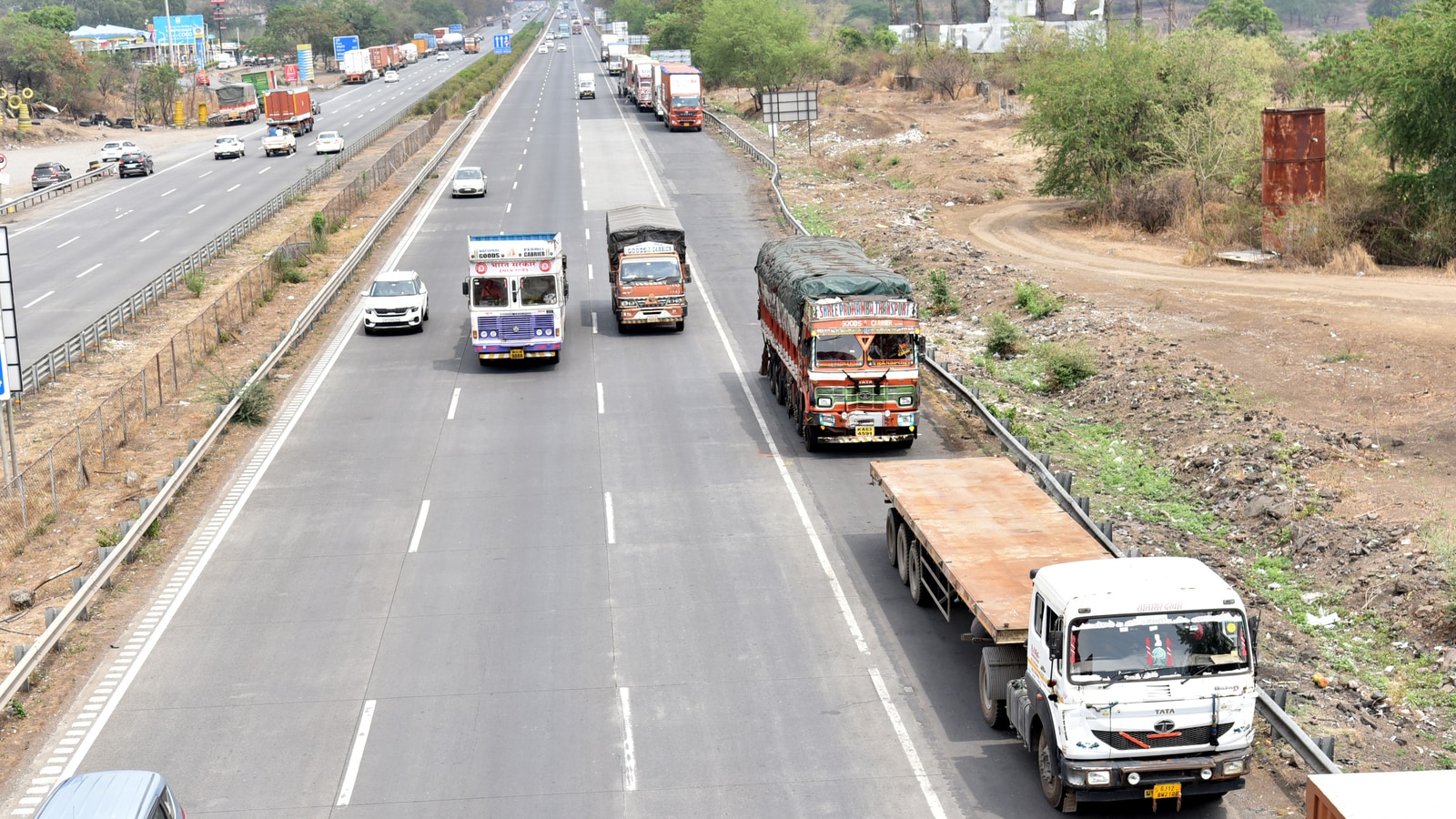
Road trains, also known as long-haul trucks or articulated lorries, play a crucial role in transporting goods across vast distances. As fuel consumption is a significant concern in the transportation industry, understanding how much fuel road trains utilize is essential for optimizing efficiency and reducing environmental impact. In this article, we delve into the intricacies of road train fuel consumption, exploring various factors that influence it and providing practical insights for industry professionals and enthusiasts alike.
- The Basics of Road Train Fuel Consumption:
To comprehend the fuel consumption of road trains, we must first understand the primary factors that contribute to it. These factors include engine efficiency, vehicle weight, aerodynamics, driving behavior, road conditions, and load distribution. By examining each of these elements, we can gain a comprehensive understanding of the fuel consumption dynamics. - Engine Efficiency and Fuel Types:
The type of engine and fuel used significantly impact the fuel consumption of road trains. Modern road trains often employ diesel engines due to their high torque and fuel efficiency. However, advancements in alternative fuel technologies, such as natural gas and electric power, are gradually gaining traction in the industry. We explore the pros and cons of each fuel type and their implications for fuel consumption. - Vehicle Weight and Aerodynamics:
The weight of a road train, including the cargo it carries, plays a crucial role in fuel consumption. Heavier loads require more energy to move, resulting in increased fuel consumption. Additionally, the aerodynamic design of the truck and trailer affects wind resistance, which can significantly impact fuel efficiency. We discuss strategies for optimizing vehicle weight and improving aerodynamics to minimize fuel consumption. - Driving Behavior and Fuel Efficiency:
The behavior of road train drivers has a direct impact on fuel consumption. Factors such as speed, acceleration, braking, and idling time all influence fuel efficiency. We delve into the concept of eco-driving and provide practical tips for drivers to adopt fuel-efficient practices, ultimately reducing fuel consumption and operating costs. - Road Conditions and Fuel Consumption:
The condition of the roads traversed by road trains can affect fuel consumption. Uneven surfaces, inclines, and congestion can increase resistance and fuel usage. We explore the significance of road conditions and suggest strategies for route planning and maintenance to optimize fuel efficiency. - Load Distribution and Fuel Efficiency:
Efficient load distribution within a road train is crucial for maintaining stability and reducing fuel consumption. Improperly distributed loads can lead to increased fuel usage and safety risks. We discuss the importance of load distribution and provide guidelines for achieving optimal balance, ensuring fuel efficiency and safe operation.
Conclusion:
Understanding the intricacies of road train fuel consumption is vital for the transportation industry's sustainable development. By considering factors such as engine efficiency, vehicle weight, aerodynamics, driving behavior, road conditions, and load distribution, industry professionals can make informed decisions to optimize fuel consumption and reduce environmental impact. Embracing advancements in alternative fuels and adopting fuel-efficient practices will pave the way for a greener and more efficient road transport system.
